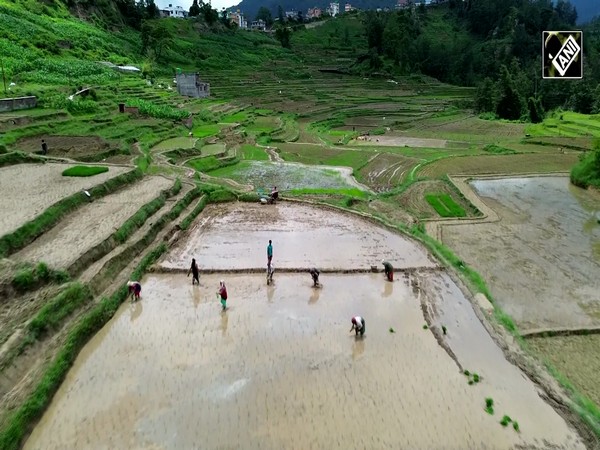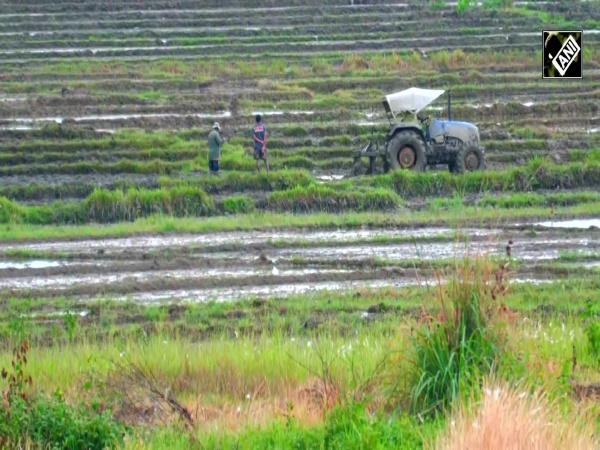Pollution and heatwave impacting children's health and education in India: UNICEF Report
Jan 24, 2025

New Delhi [India], January 24 : The children in India are facing significant challenges due to environmental stressors such as heatwave and air pollution, which are adversely affecting their health, school attendance, and overall learning outcomes, says a report by UNICEF.
According to the report, around 54.8 million children in India were affected by heatwaves in 2024 alone. These extreme weather events, combined with other natural disasters like floods, landslides, and cyclones, have not only harmed children's health but also caused widespread destruction to schools across the country.
It said "Fast-onset hazards such as flooding, landslides and cyclones have repeatedly caused destruction to schools while environmental stressors like extreme heat and air pollution are harming children's health and hindering their school attendance and learning outcomes".
The report highlighted that India, which ranks 26th out of 163 countries in the UNICEF Children's Climate Risk Index, is extremely vulnerable to the impacts of climate change.
The report revealed that fast-onset hazards such as heatwaves and natural disasters are becoming increasingly frequent and intense, making it harder for children to access a safe and conducive learning environment. The heatwaves and pollution have also posed serious risks to their physical health, often leading to illnesses that disrupt their schooling.
In response, UNICEF stated that it has been working closely with the Indian government to integrate climate change education into the national curriculum. This initiative aims to raise awareness and prepare students to cope with climate-related challenges.
UNICEF, or the United Nations Children's Fund, is a United Nations agency that works to improve the lives of children around the world.
As part of this effort, the National Curriculum Framework now includes elements of climate change education, guiding the development of state curricula, textbooks, and teaching practices.
Moreover, UNICEF is also supporting the government's implementation of the Comprehensive School Safety Programmes (CSSP) across 12 states. These programmes aim to create safe learning environments while also empowering children to become agents of change in addressing climate-related issues. As of 2024, more than 121,000 educators have been trained under these programmes to better equip them to teach climate change and resilience.
On a global scale, the report noted that heatwaves were identified as the most significant climate hazard in 2024, affecting an estimated 171 million students worldwide. This serves as a stark reminder of the urgent need for action to protect children's health and education from the growing effects of climate change.



















